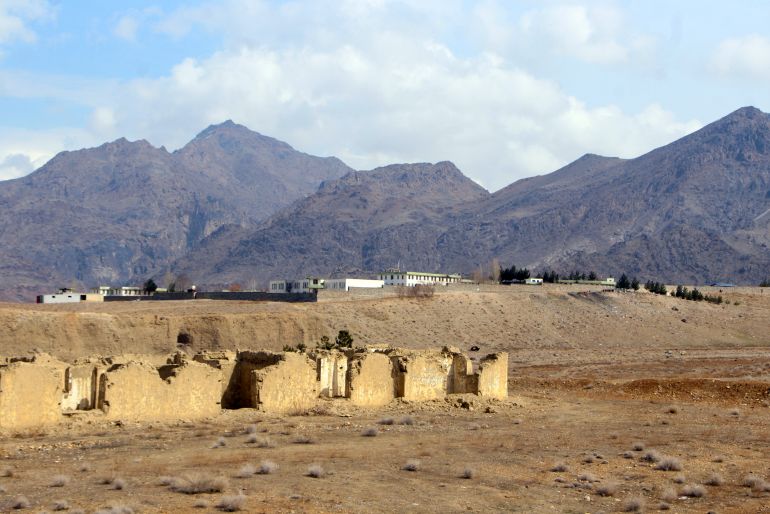The Taliban-run Afghanistan saw its first significant foreign investment last month when a Chinese firm signed a 25-year-long, multimillion-dollar contract to extract oil. Experts are cautiously optimistic the project may bring jobs and income despite China’s sketchy record on executing deals.
On January 6, the Taliban signed with Xinjiang Central Asia Petroleum and Gas Company (CAPEIC), a subsidiary of the state-owned China National Petroleum Company (CNPC), a contract to extract oil from the Amu Darya basin, which stretches between central Asian countries and Afghanistan where it covers about 4.5 square kilometres (1.73 square miles). The deal will see an investment of $150m in the first year in Afghanistan and $540m over the next three years, a Taliban spokesperson said on Twitter.
“The daily rate of oil extraction will be from 1,000 to 20,000 tonnes,” spokesperson Zabihullah Mujahid shared in a tweet, adding that the Taliban will be a 20 percent partner in the deal, which will later be extended to 75 percent.
Abdul Jalil Jumrainy, an industry expert and the former director general of the Afghan Petroleum Authority at the Ministry of Mining and Petroleum, is one of the many following the development with a little bit of hope.
“Looking at the situation now, the way our people are struggling, in my opinion, this [project] can be a source of revenue that provides economic relief – an opportunity for Afghans to benefit from their resources,” Jumrainy said. “Even if a major part of it goes to the government, there will be jobs created and some Afghan expertise will be utilised, and that is a good thing,” he said.
Though “it all depends on how it is implemented”, he added.
Sketchy past
While the announcement has brought some initial cheer to the beleaguered country, old Afghan hands are cautious in their optimism, not only because China is yet to see through any of its investments in the country’s mining sector, but because this particular deal sounds just like the one the previous Afghan government had called off on account of corruption.
That exploration and production sharing deal was struck in 2011, under the previous Afghan government, between China’s state-owned CNPC and an Afghan company called Watan Group for the “Kashkari block”, one of the three blocks now part of the recent Amu Darya tender.
“It was a major win for the government because CNPC is a very big company and China is currently the biggest oil and gas buyer in the region,” recalled Jumrainy.
China imports gas from Turkmenistan via four pipelines, three of which transit through Uzbekistan and one via Tajikistan. Afghanistan was offered the opportunity to be part of the fourth pipeline.

The “Afghan government at the time asked CNPC to be part of the tendering process, which they rejected. It was a great opportunity for Afghanistan to develop its petroleum sector had the Chinese agreed to a fair tendering process,” Jumrainy said.
Read full report on Al Jazeera
